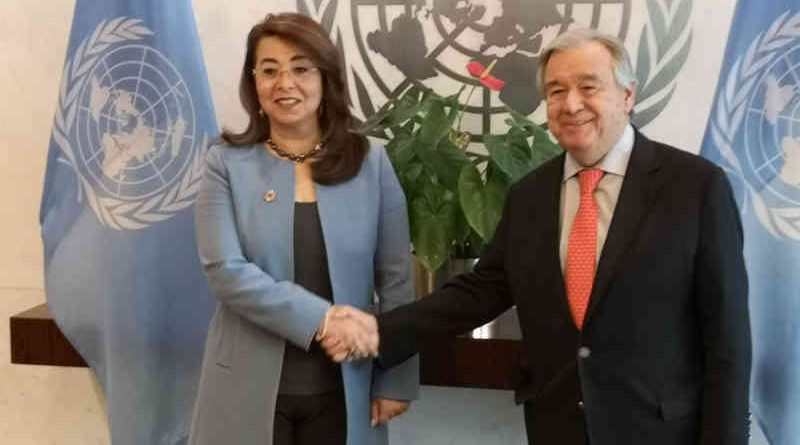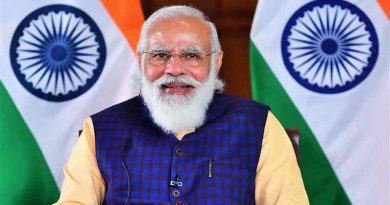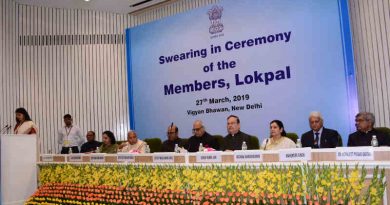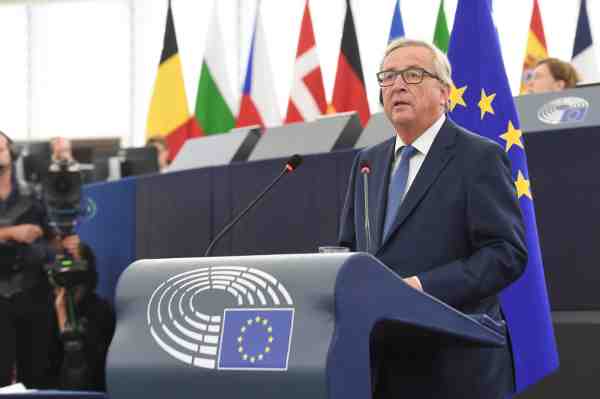UNODC Report on Corruption Risks in Covid-19 Support Packages
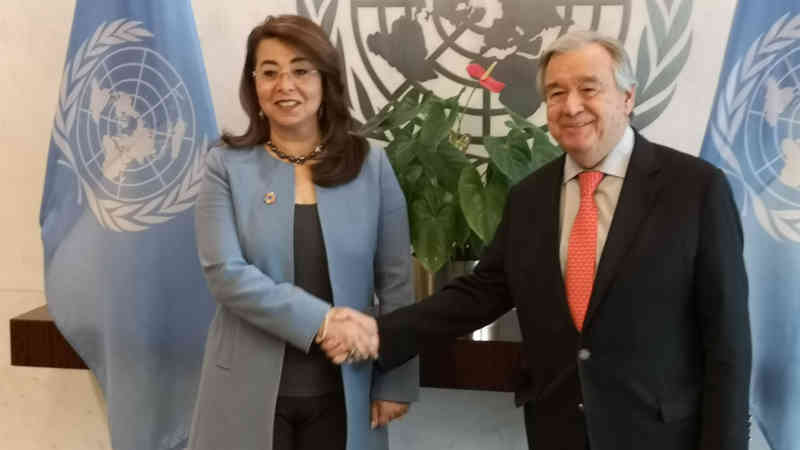
The 2020 UNODC report – Covid-19 Emergency Support Packages in West and Central Africa – An overview and analysis of fraud and corruption risks – presents the emergency measures and the associated risks linked to those measures.
The study – released on November 2 – shows how West and Central African countries provided many examples of constructive engagement of parliamentarians, anti-corruption agencies, and civil society organizations in their responses to the Covid-19 crisis.
However, the role of these actors could be further strengthened to ensure transparency, integrity and accountability in the design and implementation of emergency support packages.
“Corruption is criminal, immoral and the ultimate betrayal of public trust. It is even more damaging in times of crisis – as the world is experiencing now with the Covid-19 pandemic,” said UN Secretary-General António Guterres.
In total 21 countries were surveyed for the UNODC report. These include Benin, Burkina Faso, Cabo Verde, Cameroon, Central African Republic, Chad, Côte d’Ivoire, Gabon, The Gambia, Ghana, Guinea, Guinea-Bissau, Liberia, Mali, Mauritania, Niger, Nigeria, Sao Tome and Principe, Senegal, Sierra Leone and Togo.
|
Corruption in Covid Funds While the WHO has been warning the negligent governments of the perilous effects of the Covid-19 pandemic, its warnings have been falling on deaf ears, as there is hardly any government which is really interested in saving its populations. Governments are allocating huge funds ostensibly to deal with the pandemic and help the affected citizens in their countries. However, most of these funds are being siphoned off by the corrupt politicians and bureaucrats. In the absence of proper auditing mechanisms, the ordinary people are suffering and the rulers are thriving on corruption money. |
The data was compiled primarily through a questionnaire sent to government representatives, as well as anti-corruption agencies and civil society organizations (CSOs) in May 2020. The information collected was combined with direct research on Covid-19 emergency packages and regulations.
The report firstly focuses on the adopted measures. With the support of graphs, it shows the different types of measures taken, who they targeted, by whom they were set up and the funds disbursed, as well as the channels used to spread the information.
It then presents the legal frameworks of these measures, and the institutional oversight and accountability mechanisms in place. The analysis provides an account on the involvement of anti-corruption agencies and CSOs, as well as the reporting mechanisms in place. Finally, the last section covers the identification of correlated fraud and corruption risks.
This report falls within UNODC’s commitment to providing an overview and deeper understanding of the risks of fraud and corruption undermining Covid-19 emergency support packages on a global scale.

